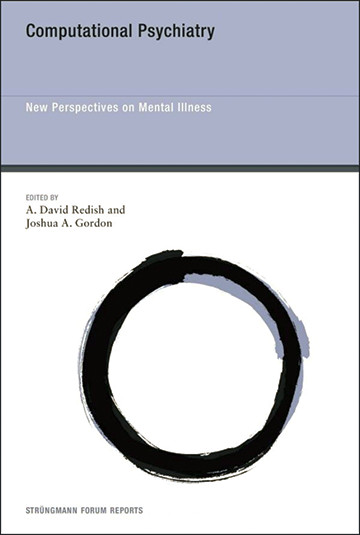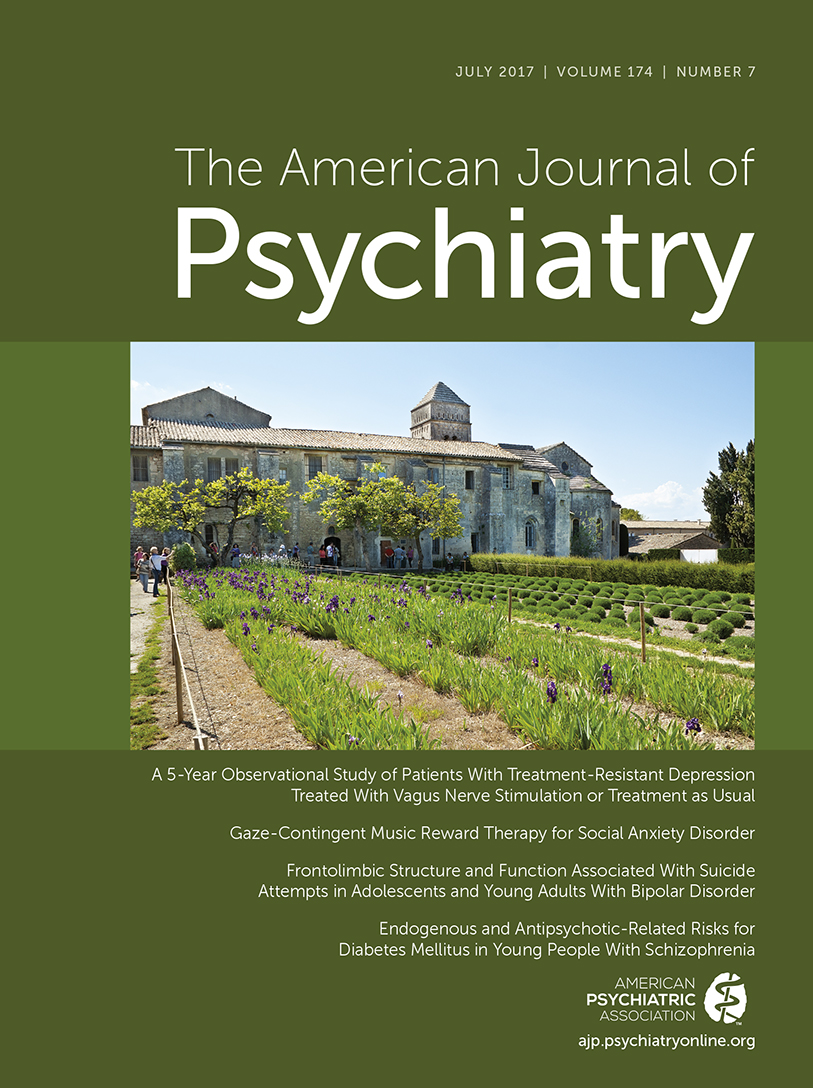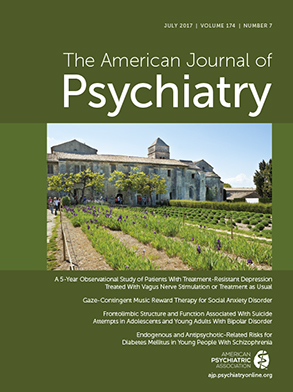Psychiatry faces many challenges, including a diagnostic system that relies mainly on symptom lists and a dearth of clinically relevant biomarkers to inform treatment. This book is a comprehensive summary of the exciting potential of computational psychiatry to address these challenges. Computational psychiatry aims to apply mathematical formalism to tackle the complexities inherent in psychiatric research. It encompasses many techniques and theories, which hold promise for major advances such as including etiological features in our diagnostic nosology and personalized prediction of prognosis and treatment outcome. The book represents the collective endeavors of some of the best and brightest in this rapidly developing field, as it is the culmination of an Ernst Strüngmann Forum. These forums bring together leading researchers from around the world and across multiple disciplines, in this case to discuss “how new computational perspectives might be used to broaden our mechanistic understanding of psychiatric dysfunction and improve identification and treatment of psychiatric disorders” (p. viii).
The forum was divided into four workgroups, and the book is correspondingly divided into four sections. The first section discusses issues surrounding the massive amount of complexity and heterogeneity in psychiatric disorders. Its central tenet is that this complexity should be modeled rather than dismissed as noise. The second section introduces a diverse set of computational techniques and their potential applications. The section maintains a bird’s-eye view of these techniques; although equations are included, the chapters generally remain accessible to researchers who do not have an extensive computational background. The third section of the book focuses on ways in which the computational techniques can be applied to improve psychiatric nosology, emphasizing the importance of more tightly linking clusters of symptoms to their underlying biological processes. In particular, this section’s flagship chapter introduces a framework for how Bayesian inference can be applied to improve our understanding of the etiology of psychiatric disorders (chapter 10). The fourth section presents examples illustrating computational approaches that have already been applied to a variety of psychiatric problems, including addiction, depression, and schizophrenia.
The book has many strengths. It is extremely timely, including a clear and contextually rich comparison of DSM and Research Domain Criteria (RDoC) approaches to understanding psychopathology (chapter 8). The book’s attitude toward these two approaches, which have often been erroneously viewed as directly in competition, is refreshingly nuanced. The benefits and limitations of both approaches are discussed, and strategies for integrating across DSM and RDoC conceptualizations are frequently referenced.
The book also introduces several novel concepts and ideas that have the potential to significantly shift how many readers conceptualize and study psychiatric disorders, such as Bayesian inference (chapters 7, 10, 11, and 14) and failure modes (chapters 2 and 9). Furthermore, although computational approaches can at times be perceived as involving complexity for complexity’s sake, this book notably insists that psychiatric research should be held to the benchmark of improving patients’ lives and promotes computational psychiatry as an improved means with which to do this.
In general, the book showcases the diversity of approaches and types of problems that computational psychiatry tackles. In addition, each chapter can stand alone, and the chapters do not overly depend on one another. The chapters also vary substantially, with some including dense, technical details while others provide a broader and more conceptual overview of key issues in the field.
Taken together, the diversity and independence of the chapters allow readers to choose their own adventure and make the book accessible to readers with limited computational background. However, a consequence of the independence of the chapters means that there are occasional redundancies on the one hand and occasional inconsistencies on the other. For example, a notable missed opportunity of this book is that it lacks a consistent definition of what is meant by “computational psychiatry.” Each chapter is given latitude to define the term, which is done with varying amounts of clarity and precision. For example, chapter 2 simply restates the terms “computational” and “psychiatry” when it defines computational psychiatry as “using formal computational perspectives to address psychiatric dysfunction” (p. 15). While some definitions imply that a certain level of model complexity is required (“the application of sophisticated mathematical and theoretical tools to complex biological systems” [p. 81]), others are so broad that the reader is left wondering whether conducting a simple regression qualifies as computational psychiatry (“mathematical formulations of hypotheses” [p. 162]).
Ultimately, the lack of a unifying framework does not diminish the book’s thorough, interesting, and very timely examination of the depth and breadth of computational psychiatry. The potential for computational approaches to link causal biological dysfunction to trans-diagnostic psychiatric symptoms, or to generate a mechanistic understanding of trajectories of illness and recovery, is extremely exciting. This book therefore represents the forefront of a new frontier in the study of psychiatry.


